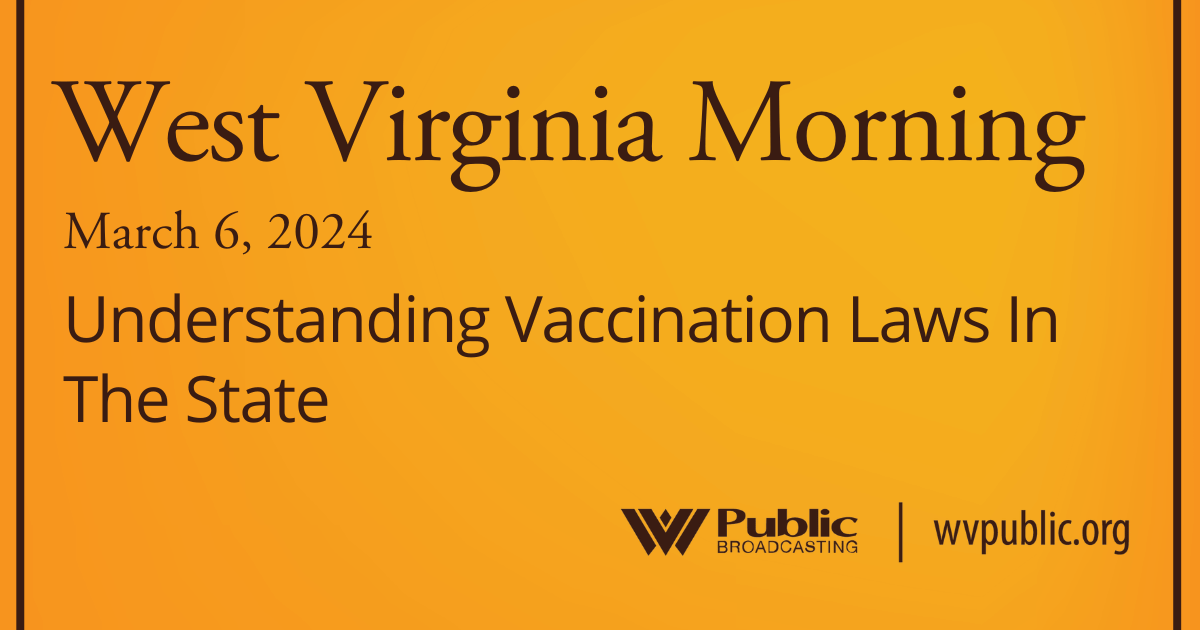A bill defining what air monitoring systems can and can’t be used in regulatory issues and in court has garnered some spirited and extended debate in the House of Delegates.
A bill defining what air monitoring systems can and can’t be used in regulatory issues and in court has garnered some spirited and extended debate in the House of Delegates.
In a public hearing last week, 16 of the 18 people speaking opposed House Bill 5018. The title reads: To provide for oversight and authority governing community air monitoring programs. The bill would set federal standards for community air pollution monitoring data that helps define local air quality.
House debates on the bill across several days this week centered on the bill stating that some air quality testing results, even if collected appropriately, could not be used for administrative penalties like fines or to bring lawsuits.
Del. Evan Hansen, D-Monongalia, and an environmental consultant, was among several House Democrats who said this bill is fundamentally about people and fairness.
“It’s about people in West Virginia who suffer the third highest rate of asthma of any state in the country,” Hansen said. “And it’s about fairness regarding whether data that’s been collected can be used by the DEP, and in a separate portion of the bill, in courts. Why is this bill coming up now? There’s more data where people live, where people work and finally, we will have some data to demonstrate whether the air is clean or dirty, where people live.”
The bill sponsor, Del. Bob Ferhenbacher, R-Wood, said the U.S. Environmental Protection Agency only recognizes certain sanctioned air monitors, so regulators and the courts should do the same.
“The bill does not preclude or prevent the use of community air monitoring,” Ferhenbacher said. “Basically, it imposes some guidelines, which are very consistent with EPA guidance on the types of sampling and analytical systems that are generally used. And so if the accuracy is not there, or the instruments or the sampling systems are not consistent with EPA methods, then they should not be used for regulatory or, frankly, litigation purposes.”
However, Del. Brandon Steele, R-Raleigh, a lawyer, opposes a bill he said gives undue legal powers to the legislature that are constitutionally reserved for courtroom litigants.
“We have got to trust our courts to be able to sift through the evidence, weigh the evidence, and make decisions at the courtroom level as to what’s admissible and what’s inadmissible,” Steele said. “Not here. That’s not our role. We are not judges, we’re not prosecutors, we’re not executive branch officials, we are delegates, delegates who write broad law, and what we’re doing is we’re getting involved in the judiciary.”
Del. J.B. Akers, R-Kanawha, also a lawyer, disagreed with Steele on legislative powers dealing with courtroom procedures.
“This body, many years ago, has already governed what evidence courts may consider,” Akers said. “Such as by saying that confidential communications between the husband and wife are not admissible in court and cannot be compelled by a court unless the spouses waive that privilege. So this legislature, through a statutory process in the past, has already told the courts what they may or may not consider as evidence.”
House Minority Leader Sean Hornbuckle, D-Cabell, said he wasn’t a scientist, or a lawyer, and explained why he opposes the air monitoring bill in layman’s terms.
“What we’re about to do today, if you vote Green for this bill, is to take power from people, take rights away from people, your neighbors, my neighbors, everyone in the state and put all the power into the corporations and the companies,” Hornbuckle said. “This is a pro-pollution bill. What all of us here ought to be thinking about is how do we protect clean air? How do we protect our neighbors? I would urge you all to stop about what you’re about to do. Protect the people, keep the rights and the power in their hands.”
House Bill 5018 passed the House on third reading 76-10 and was sent to the Senate.
